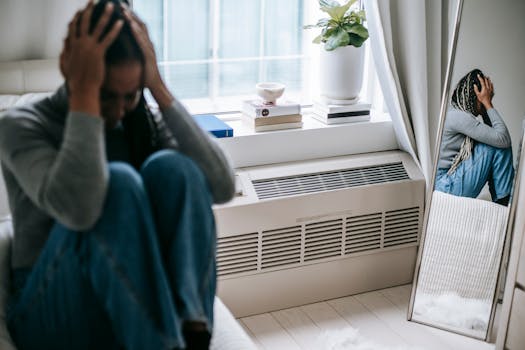
Benefits of Regular Exercise on Mental Health
Regular exercise is a powerful tool for maintaining good mental health. Regular exercise has been shown to have a positive impact on both physical and mental well-being, and is now recognized as an essential component of a healthy lifestyle. In this article, we will explore the numerous benefits of regular exercise on mental health, and provide tips and advice for incorporating physical activity into your daily routine.
Reducing Stress and Anxiety
Exercise is a natural stress-reliever and can help to reduce symptoms of anxiety and depression. Physical activity has been shown to decrease the production of stress hormones, such as cortisol, and increase the production of endorphins, also known as ‘feel-good’ hormones. Regular exercise can also help to improve sleep quality, which is often disrupted in individuals with anxiety and depression.
Improving Mood
Regular exercise has been shown to have a positive impact on mood, with many individuals reporting improved mood and reduced symptoms of depression after engaging in physical activity. Exercise has been shown to increase the production of neurotransmitters, such as serotonin and dopamine, which play a crucial role in regulating mood.
Improving Cognitive Function
Regular exercise has been shown to have a positive impact on cognitive function, particularly in older adults. Physical activity has been shown to improve memory, concentration, and problem-solving ability, and may even help to reduce the risk of age-related cognitive decline.
Additional Benefits
In addition to the benefits mentioned above, regular exercise has been shown to have a number of other positive effects on mental health. These include:
- Improved self-esteem and body image
- Enhanced creativity and productivity
- Better time management and goal-setting skills
- Increased social connections and social support
Getting Started with Regular Exercise
Incorporating regular exercise into your daily routine can seem daunting, but it doesn’t have to be. Here are some tips and advice for getting started:
- Start small: Begin with short, manageable sessions of physical activity, such as a 10-minute walk or a few jumping jacks.
- Find an activity you enjoy: Engage in physical activities that bring you joy and make you feel good, such as dancing, swimming, or cycling.
- Make it a habit: Incorporate physical activity into your daily routine, such as first thing in the morning or right after dinner.
- Find a workout buddy: Exercise with a friend or family member to make it more enjoyable and to provide accountability.



